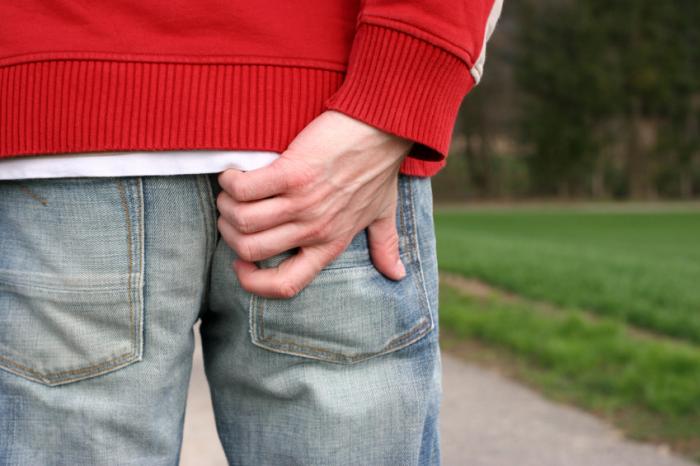An anal abscess is a journey towards fistula. Don’t ignore this. Seek your doctor help.
Anal Abscess and Fistula
Abscesses can occur anywhere on the body which is due to a collection of bacteria-producing pus. Abscesses that occur around the bottom area with the lining of the ano-rectum is due to a fistula.
What is an Anal Abscess?
An anal abscess is a common condition which a cavity is filled with pus near the anus. Fever, pain, tenderness, redness, and lump in the region of the anus are the symptoms of the abscess.
An abscess usually heals up and cause no more trouble if it has been treated at the initial stage. In most cases, it doesn’t heal completely indicating that an anal fistula may have formed.
What is an anal fistula?
An anal fistula or fistula in ano is a passage that connects the lining from inside the anus to the end of the anus. It always results from a previous abscess.
Consistent leakage of pus from the opening next to the anus indicates that a fistula has developed. However, If this opening doesn’t heal, pus can build up in the tunnel. It leads to an abscess which discharges itself with the pressure. So, a fistula leads to a repeated abscess.
Causes of Fistula in Ano
The primary cause of anal fistula is an anal abscess. They are most often associated with secondary conditions which include:
- ● Sexually transmitted infections
- ● Intestinal Inflammatory disease
- ● Trauma
- ● Anorectal cancer
What if I ignore Anal Fistula?
Fistulas may cause you to bleed too much and may get another infection including to the sphincter muscles. If the anal fistula is left untreated, it may lead to the problem with controlling bowel movements.
However, the infection may spread to other parts of the body and makes you sick. If the fistula is deep, then the risk of incontinence is higher. If the abscess is not treated or ignored the recurrence of anal fistulas may happen.
When to seek a Doctor Help?
Anal fistulas are not dangerous, but once they form, they will not heal permanently without surgery.
If you notice any of the following symptoms, see a doctor within 48 hours.
- ● Pus and blood in your stool
- ● Smelly discharge from the anus.
- ● Skin irritation around the anus.
- ● Swelling around the anus, if you have an abscess
- ● Difficulty controlling bowel movements.
The doctor may examine your anus to check for signs of fistula.
At SMILES, our physicians and surgeons can help patients determine the causes of and diagnose anal fistula or any other colorectal disorders.

